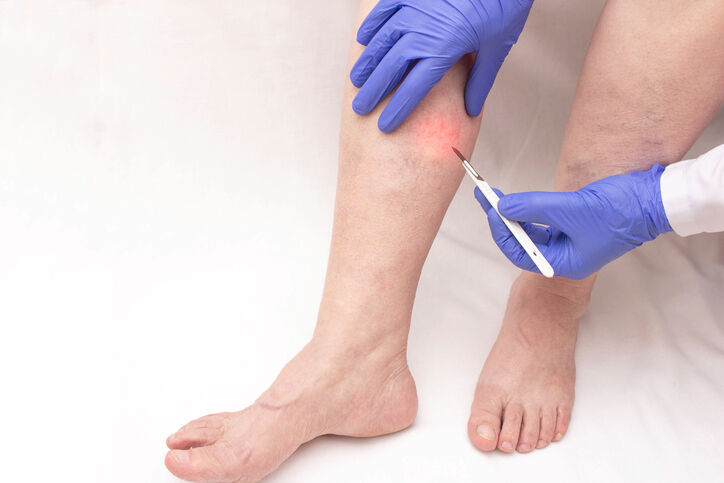Booking an appointment is just the first step in treating your varicose veins. Get to know your vein care specialist by asking these important questions.
Has the pain and swelling of varicose veins have finally convinced you to seek treatment? If so, your next step is booking the consultation appointment with a vein specialist. Although you may have done some preliminary research on the doctor, it is best to speak face-to-face to learn more about their background and expertise. You’ll also want to make sure they address your concerns in a caring and attentive way that makes you feel comfortable.
Although varicose vein treatments are minimally invasive and require very little downtime, you’ll still want to feel confident and relaxed about your treatment journey. Prepare for your appointment by writing down a list of questions to help you better understand the doctor’s qualifications and bedside manner. This article will guide you through ten questions you should ask your doctor.
Ten Questions to Ask Your Vein Doctor
Deciding to treat your varicose veins is an important medical decision. You want to make sure you're getting the best treatment. Initial consultations can be brief, so to make the most of your time with the doctor, refer to these questions and listen carefully to the doctor's answers.
What are your qualifications? Some doctors may advertise themselves as vein care specialists without having the proper credentials. To become a board-certified vein care specialist, your doctor must have completed advanced education and training in vascular medicine. Look for a doctor who has membership in the American College of Venous and Lymphatic Medicine (formerly known as the American College of Phlebology). To become a member, the physician must have undergone rigorous training and passed a certification exam that qualifies them to diagnose and treat vascular disorders.
What percentage of your practice is devoted to vein care? A practice or clinic focused 100 percent on treating varicose veins and other vein disorders provides the best chance of a positive outcome.
What procedure would you recommend for my varicose veins? After reviewing your health history and current concerns and performing an ultrasound exam, the doctor will better understand your condition. They will then be able to recommend one of many minimally invasive procedures — such as sclerotherapy, laser or radiofrequency ablation, or ambulatory phlebectomy — to eliminate your varicose veins. They should thoroughly explain each procedure and customize a treatment plan for you.
How often have you performed that procedure? Remember that an American College of Venous and Lymphatic Medicine member will have performed a required number of procedures to receive the certification. As such, your doctor should provide you with the number of times they have performed a particular procedure. The higher that number is, the higher your chances will be of a successful outcome.
What is the success rate of your facility? Vein facilities receive certification from the Intersocietal Accreditation Commission, an organization that certifies vascular testing and treatment centers. Your doctor’s clinic should have a high success rate — not only as a center as a whole but for each type of procedure, as well.
Can I pursue conservative methods other than surgery? In addition to surgical procedures, your doctor should also explain conservative methods to lessen the pain and swelling of varicose veins. Compression stockings, weight management, and exercise are all part of a holistic vein treatment plan. However, surgery is the only effective method to eliminate varicose veins.
How long will it take to recover from surgery? Surgical procedures for varicose veins are minimally invasive. In most cases, only topical anesthesia is used. Using local anesthetic allows for the procedure to be done in an office in an hour or less. You can return to your normal activities soon after. Most people experience mild side effects, such as slight bruising and swelling that quickly fades. Your doctor should discuss any precautions you should take as you recover and will recommend wearing compression stockings to speed your recovery.
What about follow-up? As part of your recovery, your doctor will closely monitor your progress during the first year after treatment. Any usual symptoms after the procedure, such as excessive swelling or bleeding, should be reported to your doctor. Although rare, you may need follow-up therapy to treat all your varicose veins successfully.
Will my varicose veins recur? Recurrences are rare, but they can still happen. Working with a certified vein specialist in an accredited center lessens your risk of recurrence.
Will insurance pay for my treatment? Varicose vein treatment is often covered by insurance. Your doctor’s clinic should have staff that will help you with the paperwork and provide an estimate of your out-of-pocket costs, as well.
Talk to a Vein Specialist Today in New Hampshire
Center for Vein Restoration (CVR) has two offices in New Hampshire and accepts all major insurances, including Medicare and Medicaid. Both clinics are led by Normand Miller, MD, FACS, RPVI, RVT, a board-certified vascular surgeon and member of the American Venous and Lymphatic Society. Your well-being is a priority, and Dr. Miller is eager to answer all of your questions as he guides you through a personalized varicose vein treatment. Contact him today for a consultation.
400 Amherst Street, Suite 402
Nashua, NH 03063
224 Main Street, Suite 1-D
Salem, NH 03079
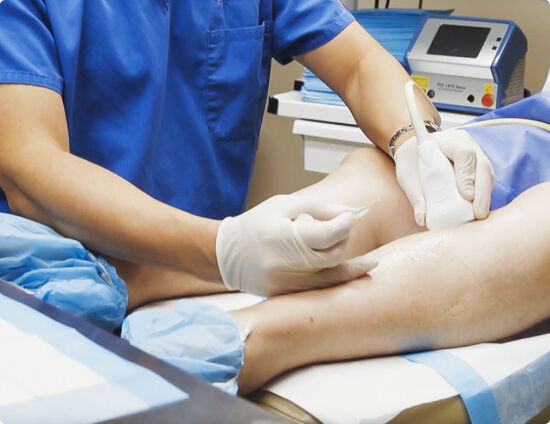
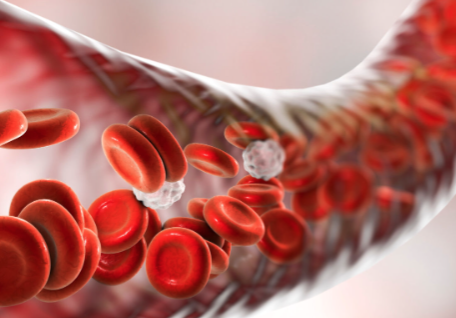 About Vein Disease
About Vein Disease
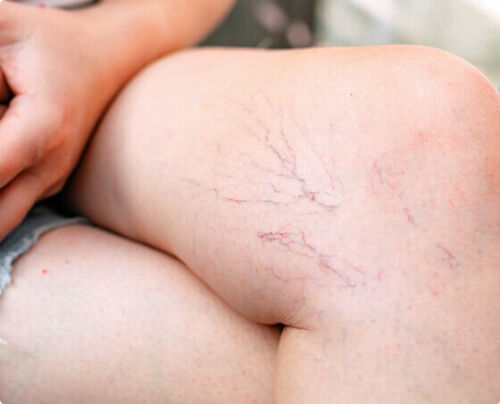 Spider Veins
Spider Veins
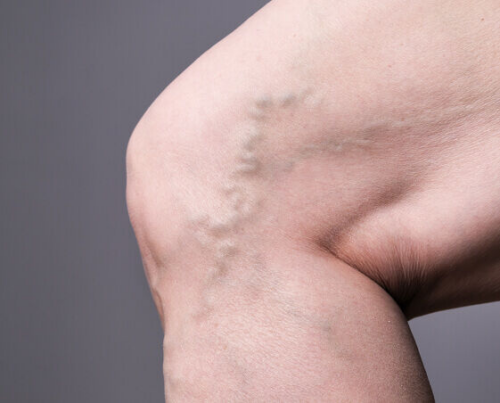 Varicose Veins
Varicose Veins
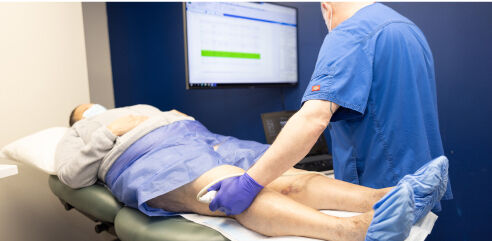 Vein Disease Treatments
Vein Disease Treatments
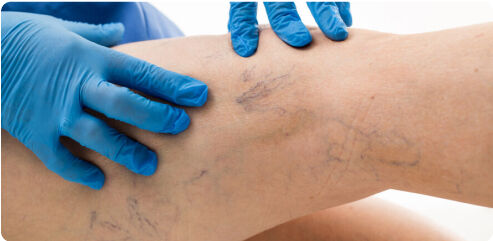 Treating Spider Veins
Treating Spider Veins
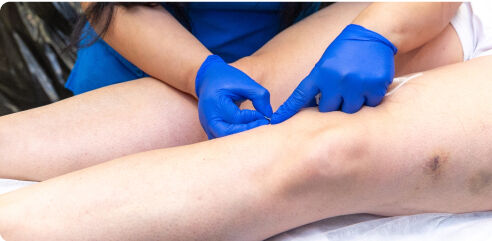 Treating Varicose Veins
Treating Varicose Veins
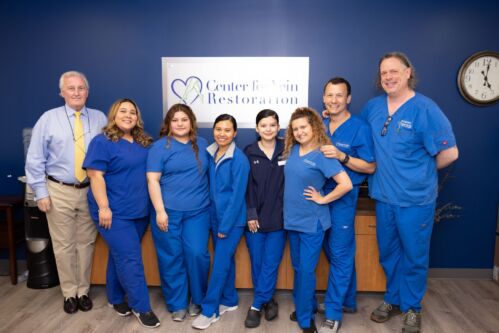 About Us
About Us
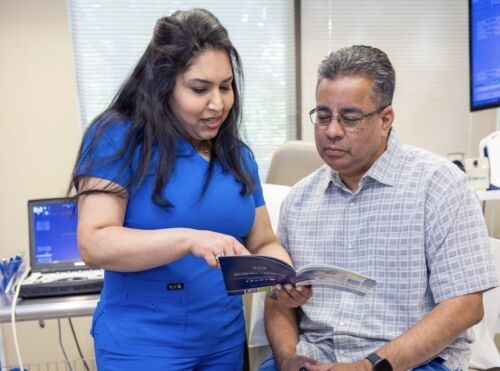 Patient Resources
Patient Resources
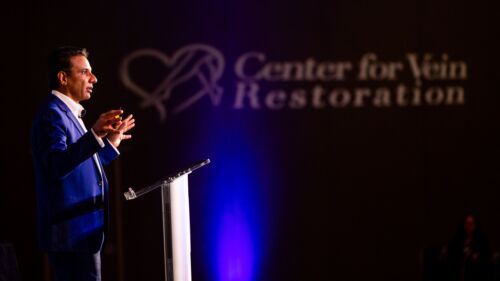 Physician Resources
Physician Resources

